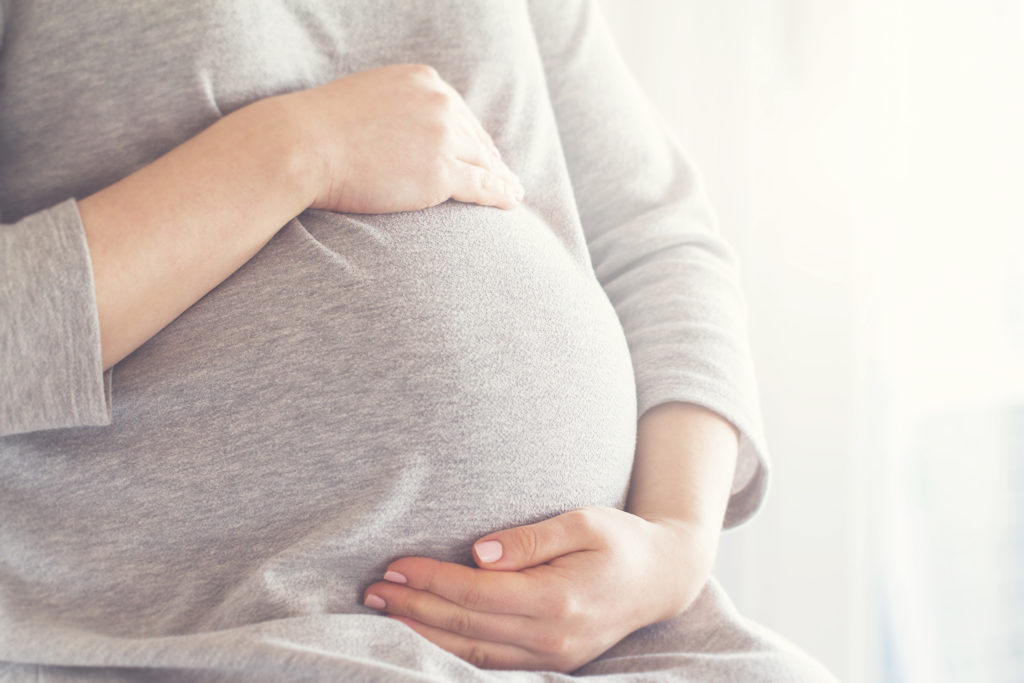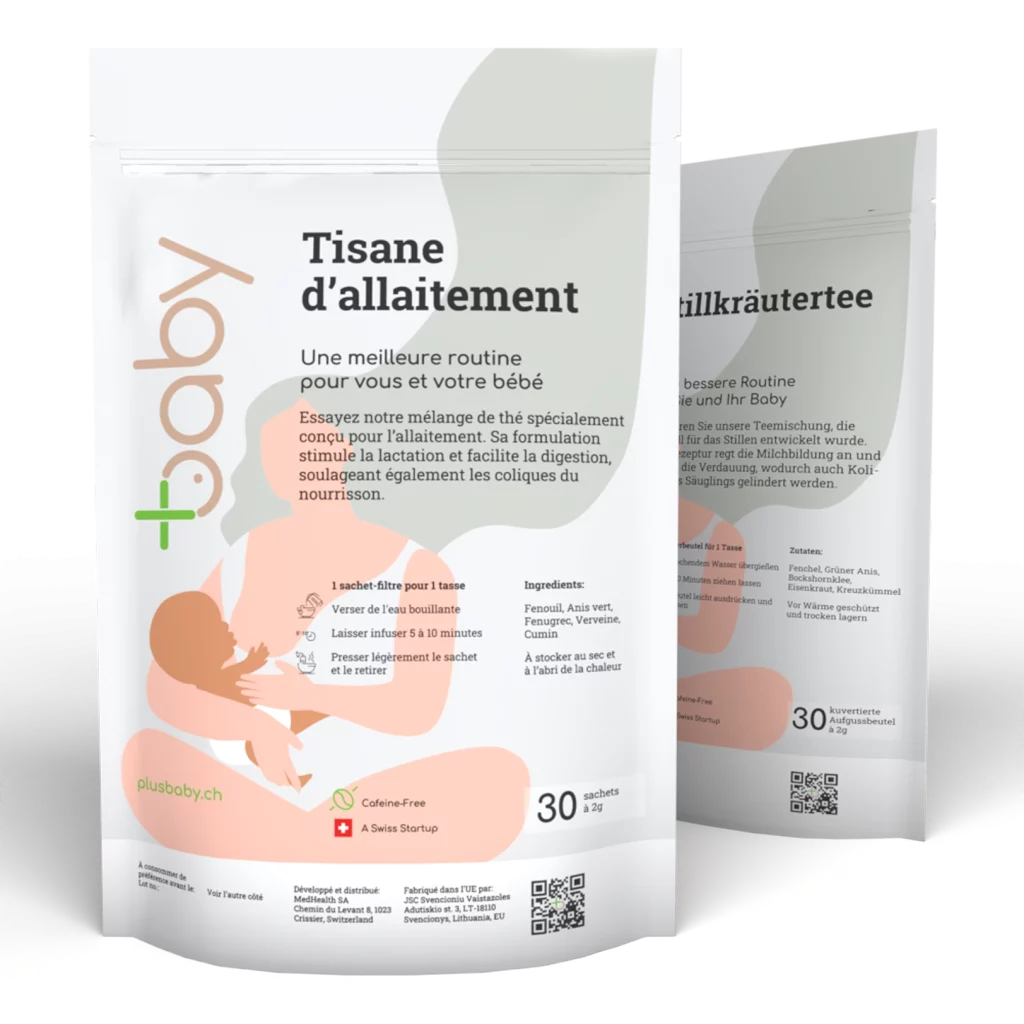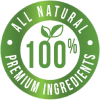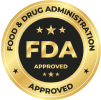🎁Recevez Une Boîte GRATUITE d'Oméga 3 Vegan DHA Pour Toute Commande De Plus De 50 CHF - Visitez Notre Shop !
3 for the price of 2! 🎁 Free delivery on all orders – Visit Our Shop!
Breastfeeding Safe Teas: Pregnancy is a unique time in a woman’s life, marked by major physiological and emotional changes. One of the major concerns during this period is to ensure a healthy diet and lifestyle habits that do not endanger the health of both mother and unborn baby. When it comes to beverages, tea offers many pregnancy-safe options with health benefits and virtues. In this article, we’ll explore these pregnancy-safe teas.

Teas are well known for their health benefits. They are rich in antioxidants, which help to neutralise free radicals and prevent cell damage. What’s more, certain varieties of tea can be beneficial for specific aspects of health, including digestion, relaxation and even stress reduction. However, when it comes to pregnancy, it’s essential to choose teas that are safe for the foetus.
Here are some of the aspects to consider when selecting teas suitable for pregnancy:
Caffeine and theine: one of the main areas of concern during pregnancy is caffeine. Too much caffeine can be associated with complications for the foetus. This is why many pregnant women choose caffeine-free or low-caffeine teas.
Caffeine and pregnancy: It’s important to note that caffeine is not generally recommended during pregnancy and breastfeeding. Studies have shown that excess caffeine may be associated with an increased risk of miscarriage, premature birth and low birth weight. It is therefore preferable to limit caffeine consumption during this important period of life. Opting for caffeine-free teas is a sensible alternative to avoid the potential risks associated with caffeine.
Caffeine is a stimulant found in many drinks and foods, such as coffee, tea, energy drinks, soft drinks and chocolate. Although caffeine can have stimulating effects on adults, it can pose potential risks for pregnancy and breastfeeding because of its effects on the foetus and the infant. Here are the main risks associated with caffeine during pregnancy and breast-feeding:
It is important to note that sensitivity to caffeine can vary from person to person, and some women may tolerate more caffeine than others during pregnancy and breastfeeding. However, it is generally recommended to limit caffeine consumption during this important period of life to minimise potential risks.
Guidelines vary as to the amount of caffeine recommended during pregnancy and breastfeeding, but many health organisations advise limiting consumption to around 200 to 300 milligrams of caffeine a day, which is equivalent to about one to two regular cups of coffee a day.
For all these reasons, Plusbaby has created 2 herbal teas that are safe for both mum and baby.
Digestion: Digestive problems are common during pregnancy. Choosing teas and infusions that support digestion can be beneficial.
Vitamins and Nutrients: Some teas contain essential vitamins and nutrients that can be valuable for the health of both mother and baby.
Relaxation and Stress Reduction: Pregnancy can be a stressful time. Soothing and relaxing teas can help reduce stress and promote general well-being.
Plusbaby breastfeeding safe tea is specially designed for women who are breastfeeding.
This herbal tea has been developed to stimulate lactation and aid digestion, while relieving any infant colic. It is made from a blend of medicinal herbs carefully selected for their beneficial properties. The ingredients include fennel seeds, aniseed, cumin, fenugreek and verbena leaves.
Plusbaby breastfeeding tea is an ideal option for mums who want to give their baby the best while taking care of themselves. It is caffeine-free, making it perfectly suited to the breastfeeding period. What’s more, it’s available in practical sachets, making it easy to prepare.
To use: Simply pour boiling water over an herbal tea bag and leave to infuse for 5 to 10 minutes. It is recommended to drink this tea as often as necessary to maintain good lactation.

Plusbaby’s anti-nausea herbal tea has been specially formulated to alleviate the symptoms of morning sickness and digestive problems during pregnancy.
Morning sickness and digestive problems are common during pregnancy, and this tea offers a natural solution to relieve them. It contains a blend of medicinal herbs, including chopped ginger root and peppermint leaves, known for their soothing properties on the stomach.
Like Plusbaby’s breastfeeding tea, Plusbaby’s anti-nausea tea is caffeine-free, making it safe for use during pregnancy. It can be drunk up to four cups a day, providing welcome relief for expectant mums.
Use: To prepare this herbal tea, pour boiling water over a sachet and leave to infuse for 5 to 10 minutes. We recommend drinking this tea as soon as you feel nausea coming on, and also as a preventative measure.

As well as Plusbaby products, there are many other teas and infusions that are ideal for pregnant women. Here are just a few of the options:
Herbal Infusions: Some herbal infusions, such as chamomile, linden, lemon balm and verbena, are known for their soothing and digestive properties.
White tea: White tea is a very mild, low-caffeine variety, making it a safe option for pregnancy.
Rooibos: Rooibos is a naturally caffeine-free infusion from South Africa. It is rich in antioxidants and can be enjoyed at any time of day.
Decaffeinated tea: If you prefer black tea, opt for decaffeinated varieties, which contain very little caffeine.
Practical teapots and infusers: To prepare these teas and infusions, invest in a good quality teapot or infuser for the best tasting experience. You can then use one tea bag for several cups.
Breastfeeding Safe Teas: During pregnancy & pregnancy, making the right food choices is essential for the health of both mother and baby. Pregnancy-safe teas such as Plusbaby Breastfeeding Tea and Plusbaby Anti-Nausea Tea offer a delicious drinking option with health benefits. Enjoy every cup of tea to relax, recharge and care for yourself and your baby.




PlusBaby resources are intended to provide general information and are not a substitute for professional medical advice, diagnosis or treatment.
Stay connected with Plusbaby. Sign up for a free e-book to understand your menstrual cycle and help you identify your most fertile period. You’ll also get early access to offers.
Who we are



@ 2025 by Plusbaby
@ 2025 by Plusbaby
